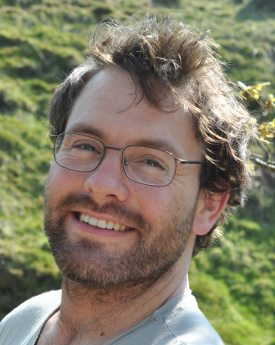
Professor Jos Barlow
Jos is a leading expert on biodiversity and ecosystem functioning in human-modified Amazonian forests, evaluating burned, secondary and logged forests. His work focusses on the Brazilian Amazon since 1998 and he coordinates a network of long-term HMF plots in Pará state.
He is the co-founder of the Sustainable Amazon Network (Rede Amazônia Sustentável) as well as a Trustee of WWF-UK, Lead author & member of UN’s Science Panel for the Amazon, and Editor-in-Chief of Journal of Applied Ecology.
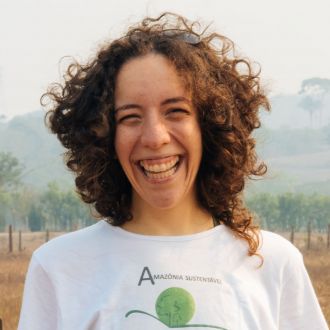
Erika is a Senior Research Associate at the University of Oxford and a Visiting Research Associate at Lancaster University. Her research focuses on how human-induced disturbances, such as logging and fires, affect Amazon ecosystems. She co-leads a working group for the Scientific Panel for the Amazon, studying deforestation and ecosystem degradation. Her interests include understanding the resilience of human-modified tropical forests to climate change and effectively communicating scientific findings to policymakers.
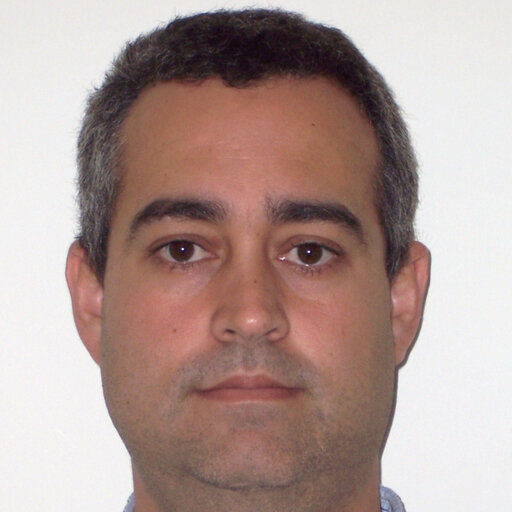
Tomas Domingues
Tomas is a forest ecophysiologist, focused on leaf/canopy responses to climate stress and fertility. He has experience in Plant Ecology, acting on the following subjects: carbon, nitrogen, biogeochemistry, amazon, savannas, global changes, plant eco-physiology and tropical ecosystems. His research focuses on the biological control exerted by vegetation over the biogeochemical cycles of carbon, water and nitrogen.
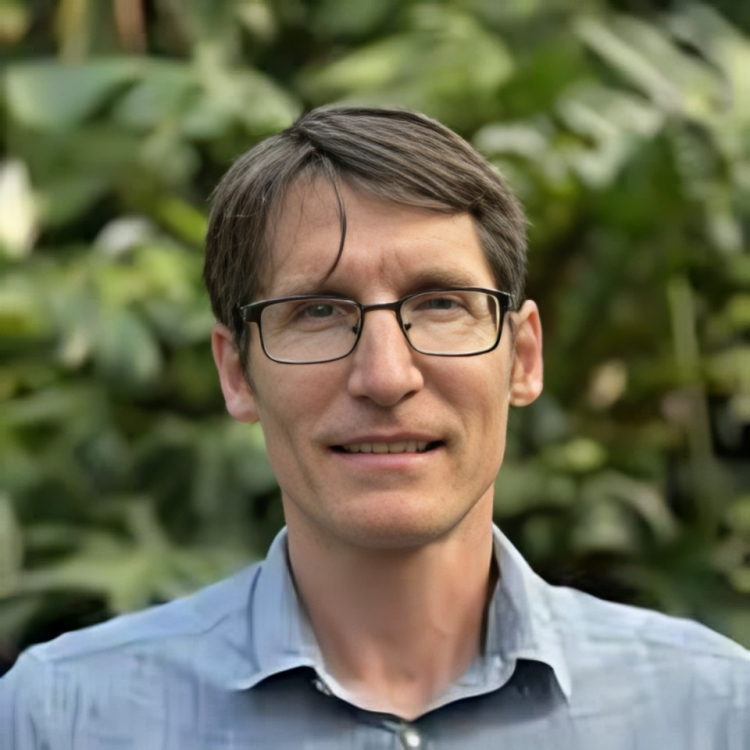
Ted’s research and teaching span global forests and savannas, with a focus on the tropics, especially Latin America, where he has lived and worked for more than 20 years. His research aims to understand the drivers of vegetation dynamics and structure, the effect of changing climate on carbon and nutrient cycling, and how disturbance and forest degradation, including natural processes and anthropogenic conversion, affect long-term vegetation function. Ted will lead forest plot monitoring in Human-Modified Forests (HMF) in Mato Grosso and Amazonas states in Brazil, and in Peru.

David is an Associate Professor in Earth System Dynamics. His research focuses on improving the understanding of the biogeochemical cycling and vegetation dynamics of tropical forests and how these processes might be affected by global environmental change.
He has a specific interest in the sensitivity of tropical forests to drought and heat stress, using a range of different approaches, from field-based ecophysiological approaches to dynamic global vegetation modelling.

Emanuel specialises in Biogeochemical Cycles, focusing on large-scale interactions between the carbon cycle and climate, particularly in the tropics and Amazonian forests. His research includes analysing greenhouse gas patterns using atmospheric models, establishing a greenhouse gas measurement program in the Amazon, and studying isotopes in tree rings to understand hydrological and physiological processes. He also conducts in situ forest monitoring in rapidly warming tropical regions, collaborating with researchers like David Galbraith and Oliver Phillips.
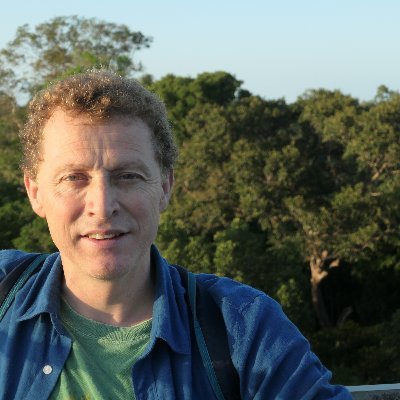
Patrick is Personal Chair in Ecosystem Science, School of Geosciences, University of Edinburgh (ECCI Associate). He is also Director of the Centre for the study of Environmental Change and Sustainability (CECS), School of Geosciences. He has created and leads the world’s longest-running tropical forest drought experiment, identifying mortality/biomass loss risk and drivers, and physiological thresholds in soil/trees.
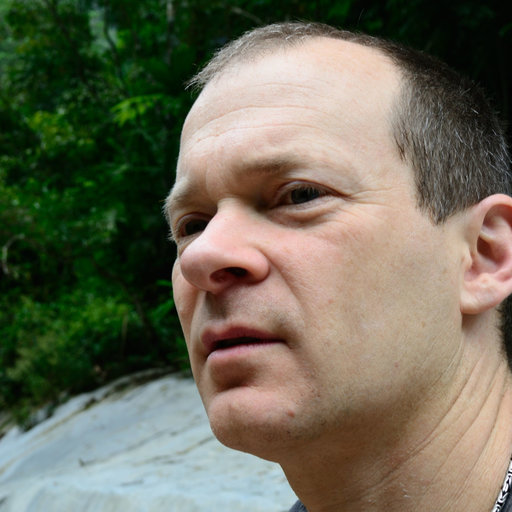
Oliver is Professor of Tropical Ecology in the School of Geography in the University of Leeds. His research focuses on understanding the dynamics of carbon and biodiversity across the world’s tropical forests and how these alter with changing climate. To do this, he leads a team of more than 100 researchers in Leeds, across South America, and elsewhere, involved in the long-term and detailed monitoring of tropical ecosystems.

Lucy is a Professor at the University of Exeter, specialising in tropical forests’ responses to environmental stress, particularly water stress, hydraulics, and gas exchange. Her research focuses on measuring plant traits related to carbon and water cycles in tropical ecosystems and integrating this data into vegetation models. She leads work on trait-based plant functional types (PFTs), models plant drought-stress in JULES, and oversees empirical drought measurements in the Amazon-SOS project.
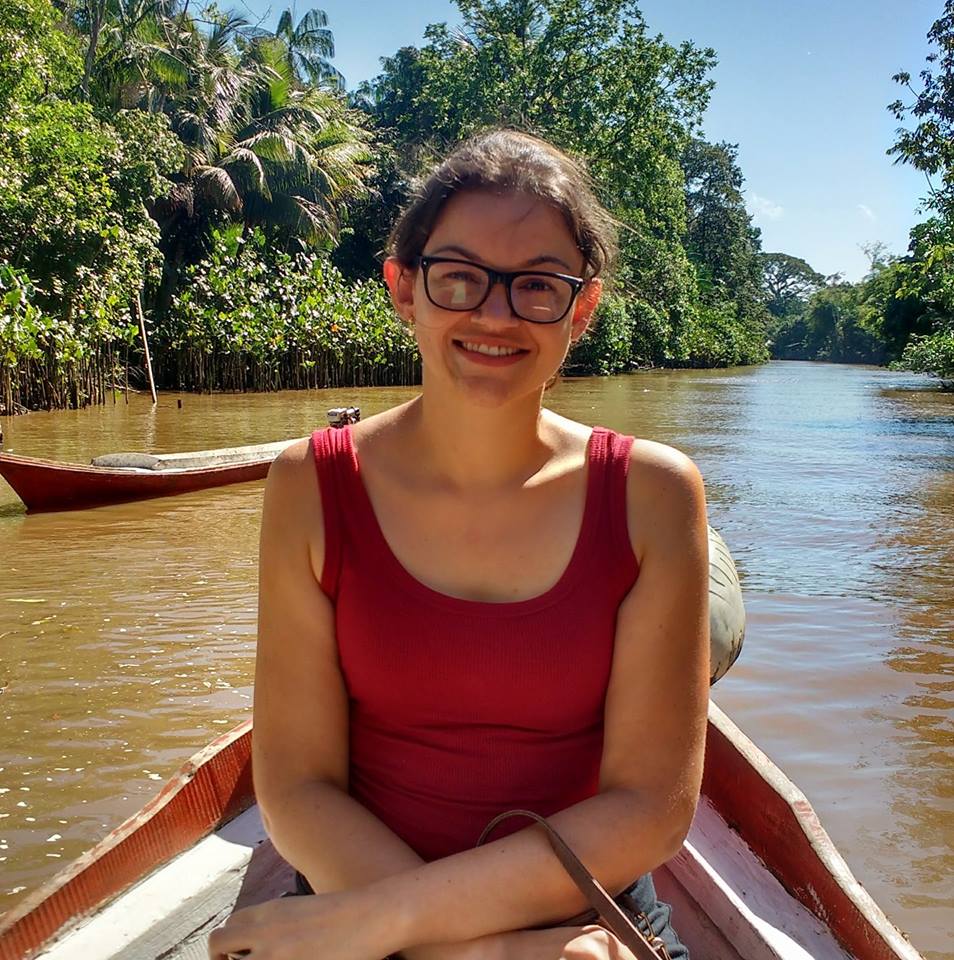
Grazielle graduated in Biological Sciences from the Federal University of Lavras (2007). She has experience in Ecology, with a focus on Applied Ecology, working on topics such as conservation, forest fragments, tropical biology, ecological corridors, and lepidoptera.